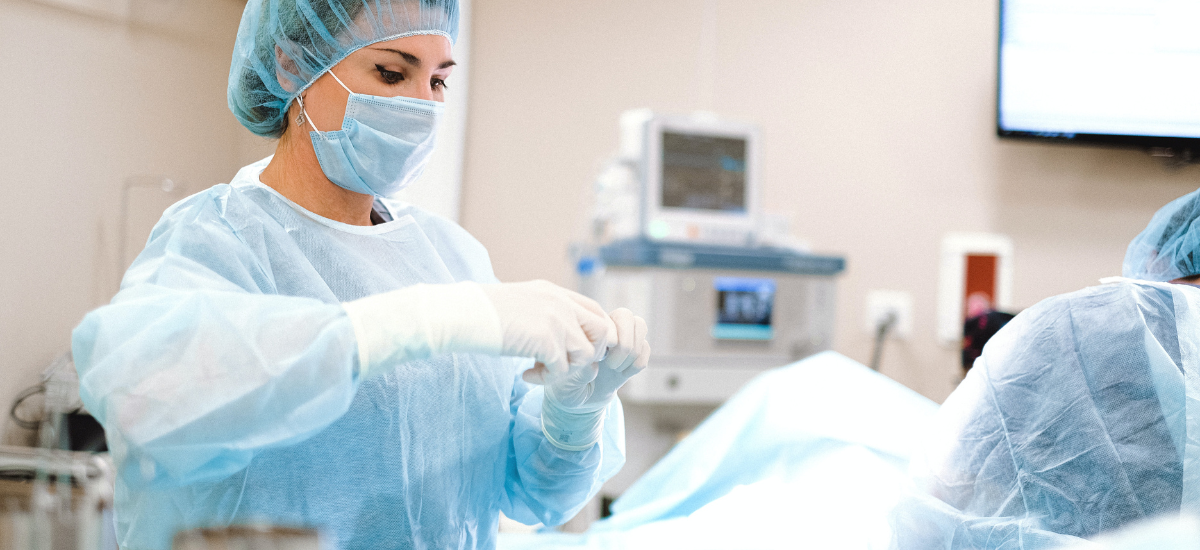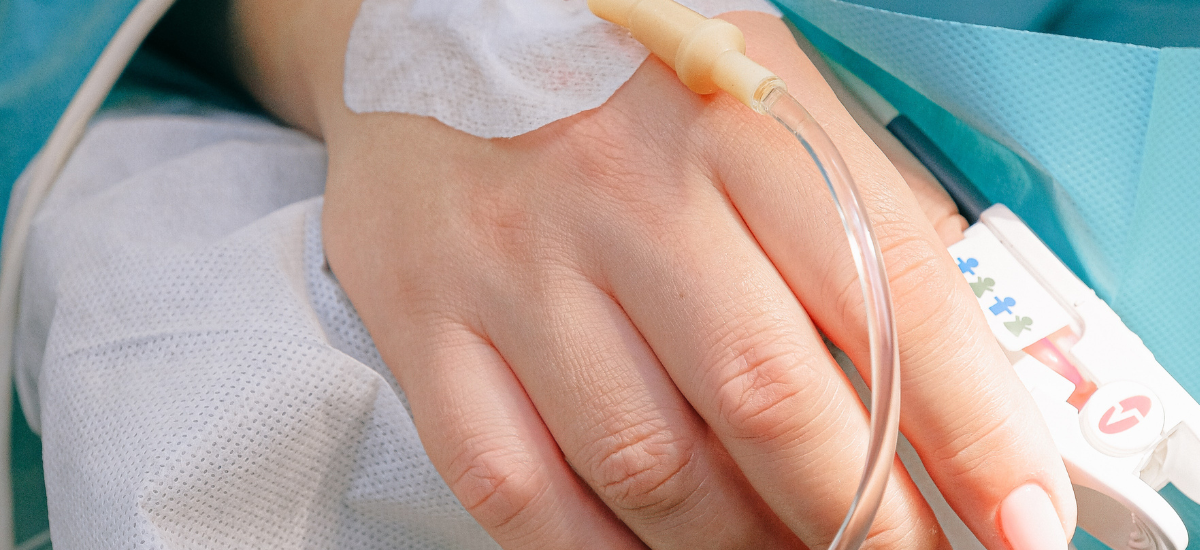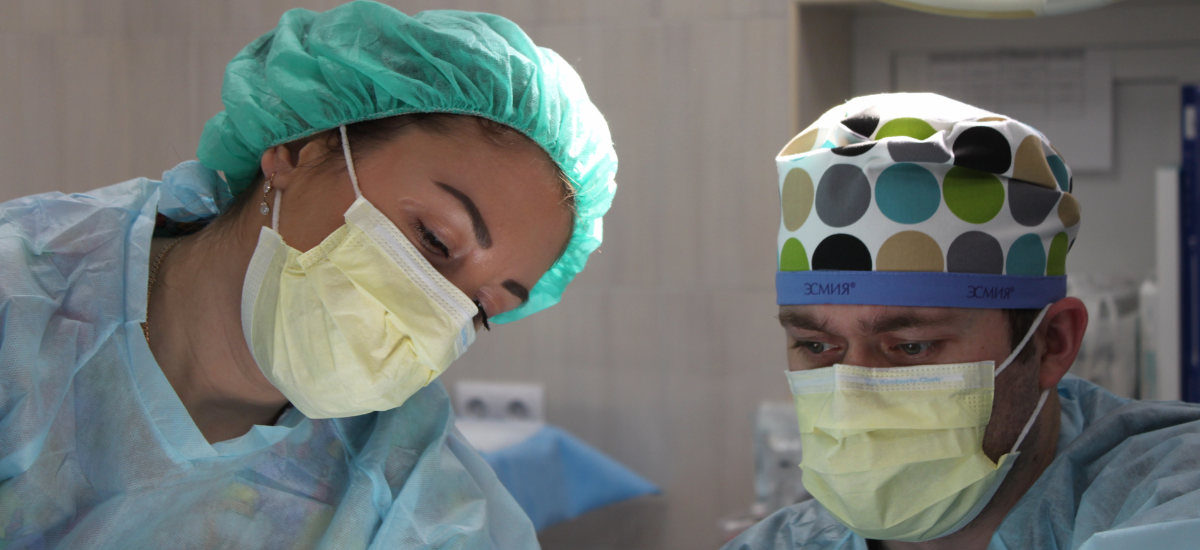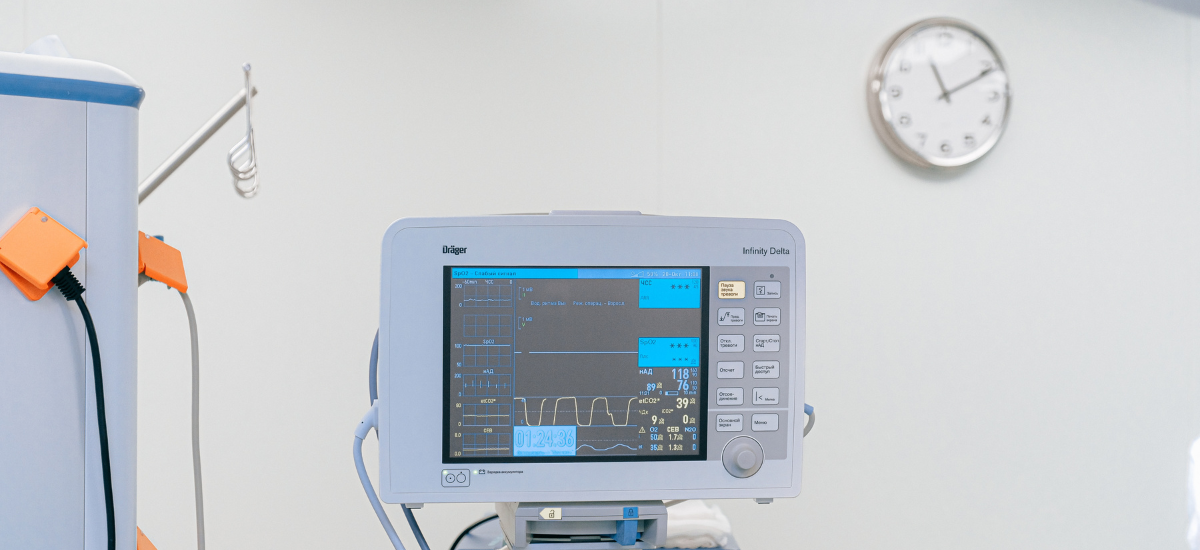Patients with an altered mental state who leave facilities are subject to injury and sometimes death. Two recent cases in Illinois demonstrate the danger when a facility loses track of patients or patients simply leave the facility without notice. “Elopement” is the term used to describe a patient who leaves a healthcare or nursing facility … Continued
Intubation is a common procedure used with general anesthesia. New guidelines aim to reduce the incidence of esophageal intubation, which occurs when the esophagus is mistaken for the trachea during intubation. The COVID-19 pandemic introduced the term “intubation” into everyday conversation but many people do not know how the procedure works. If you have undergone … Continued






















